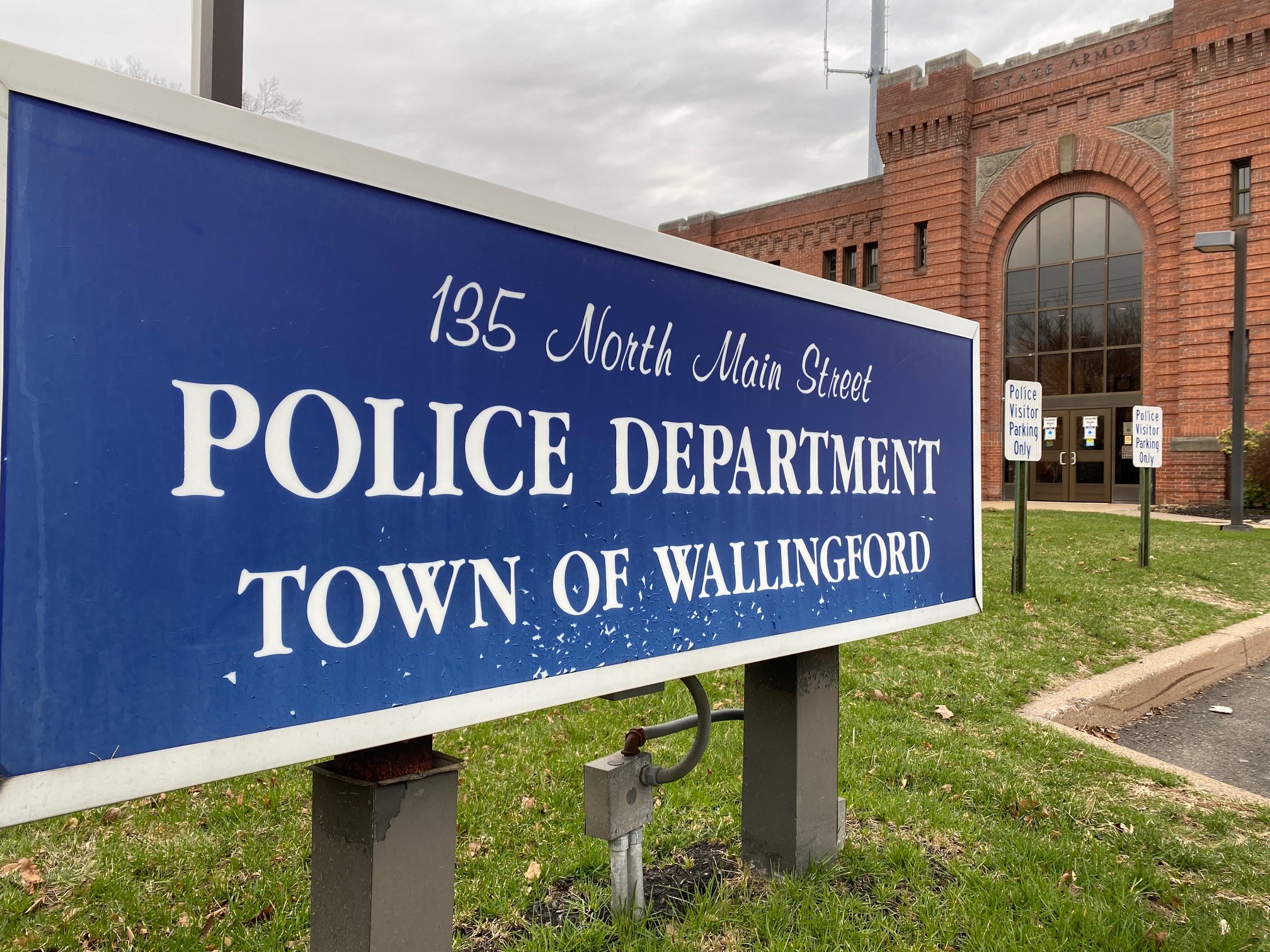In just a few weeks, students from all over the world will return to five colleges and universities around New Haven. City officials say they’ve been planning for the influx as the COVID-19 pandemic wears on.
It starts with the three institutions in the city, each with a COVID-19 planning team and a point of contact that is in communication with the city.
“We’ve got Albertus, Southern and Yale in the community, and we’re doing a series of briefings with those key sectors,” said Michael Piscitelli, economic development administrator for New Haven.
Those briefings include off-campus conversations with landlords to encourage things like contact tracing for onsite work in buildings and homes and reaching out to students and community partners.
“Many of the issues we might see on a regular basis are a nuisance,” said Piscitelli. “Maybe an outdoor party, a concentration of students. You’ve seen some of these pictures around the country already, we just can’t have that this year.”
Health officials say the increase here is small but concerning.
“I think there’s been some appropriate concern expressed about some of the gatherings, particularly by young people, but we really haven’t seen a large uptick in cases,” said Dr. Thomas Balcezak, chief clinical officer for Yale New Haven Health. “There’s a small increase but it’s not that large, and I think the caution, however, is well placed.”
Local
There’s a push to keep those numbers low by area institutions as students arrive. In Hamden, a group of Quinnipiac University officials, health directors, law enforcement and local leaders usually meet with new off-campus students.
“We know where our students live and we let them know what our expectations are during our visit,” said Bethany Zemba, vice president and chief of staff for Quinnipiac University. “We will have the Hamden police there a public safety officer from Quinnipiac and it’s a friendly visit. We just say ‘hey, you are now part of this neighborhood, and we just want you to know what the expectations are for being part of this neighborhood.’”
And now, they’re stressing the importance of following state and local COVID-19 guidelines during those visits.
“We have updated our student code of conduct to reflect that students can be disciplined if they are not following the PPE and physical distancing rules both on-campus and off-campus,” said Zemba.
The university also has a task force with businesses, community leaders and residents in town focused on the best way for students to support the local economy that depends on students.
Quinnipiac is following the four tactics health officials say are necessary: contact tracing, masks, social distance and testing.
On the last point, the university has a three-point testing plan. Officials want to make sure students are COVID-19 negative before they arrive, so tests will be mailed to students in the weeks before they return. They’ll then be tested within 10 days of their return to campus. Finally, 15% of the student population will be periodically tested at random.
They’re also making students part of the changes. Leaders in clubs, organizations, sports and academics have agreed to be leaders among their peers.
“They’re really thinking about how they educate those around them about the importance of masks and the other things we’re putting in place,” said Zemba.
Students and staff are also working together on developing guidelines for safe gatherings to help support students who will head back to a very different campus culture.
“We heard loud and clear from our students, they want that on the ground experience, they want to be with each other, so we are really counting on them,” said Zemba.



